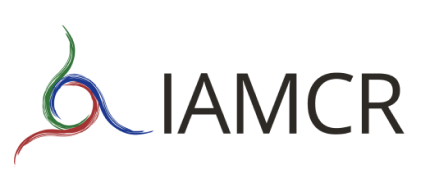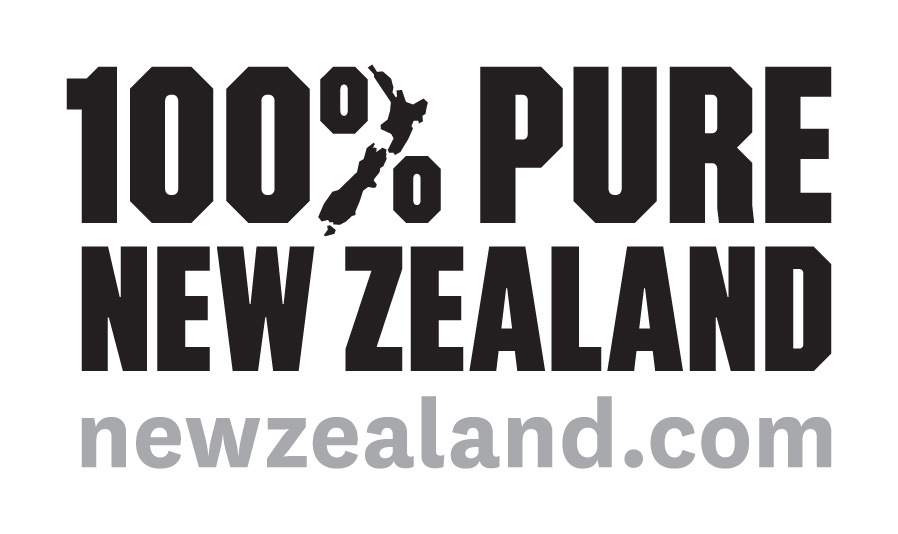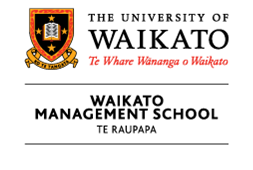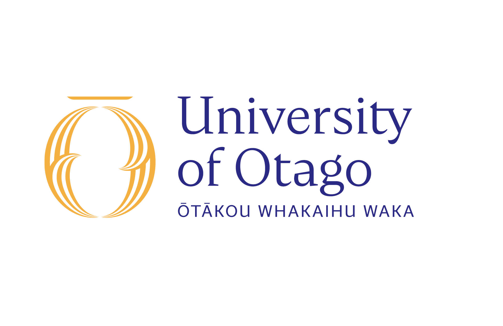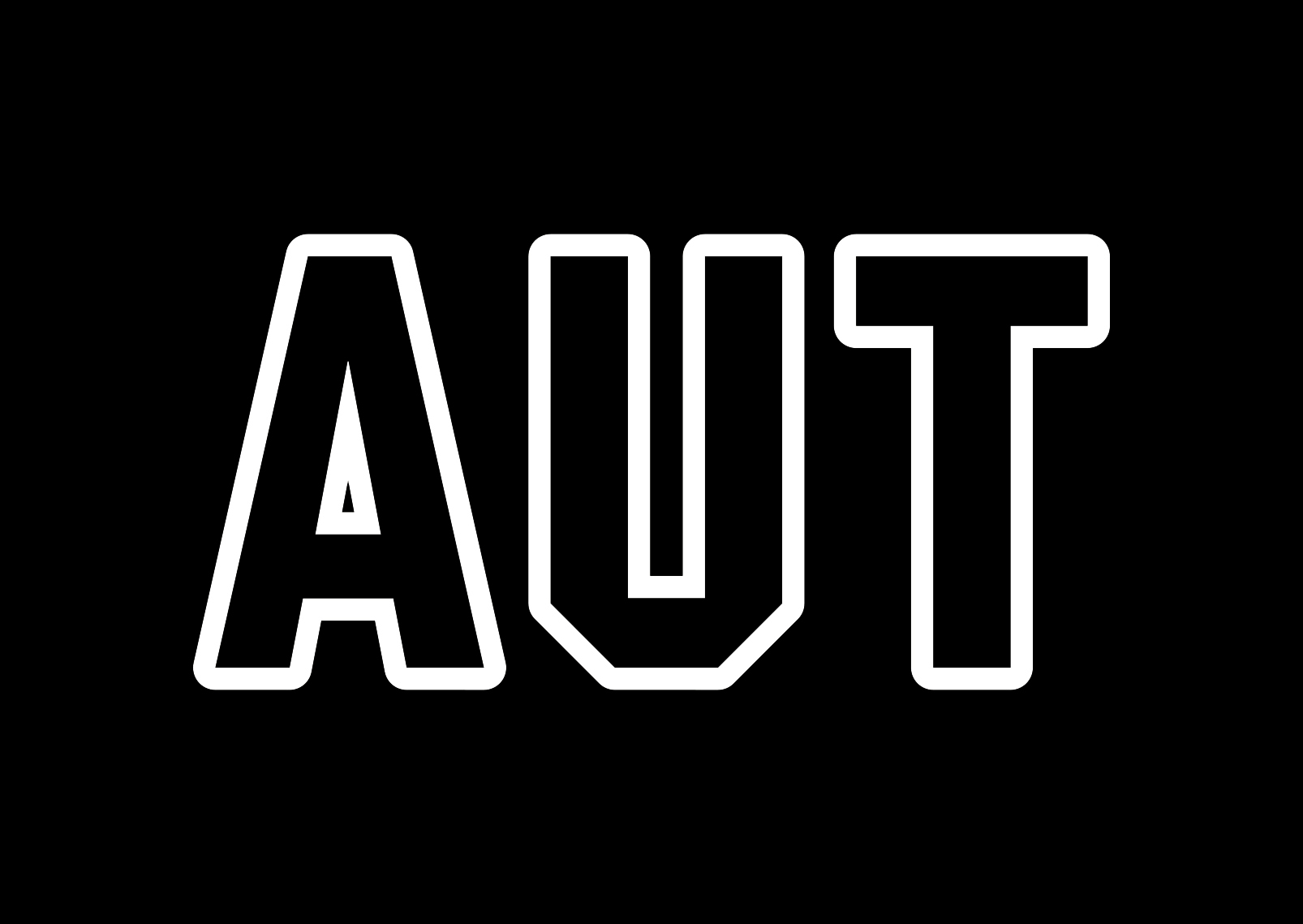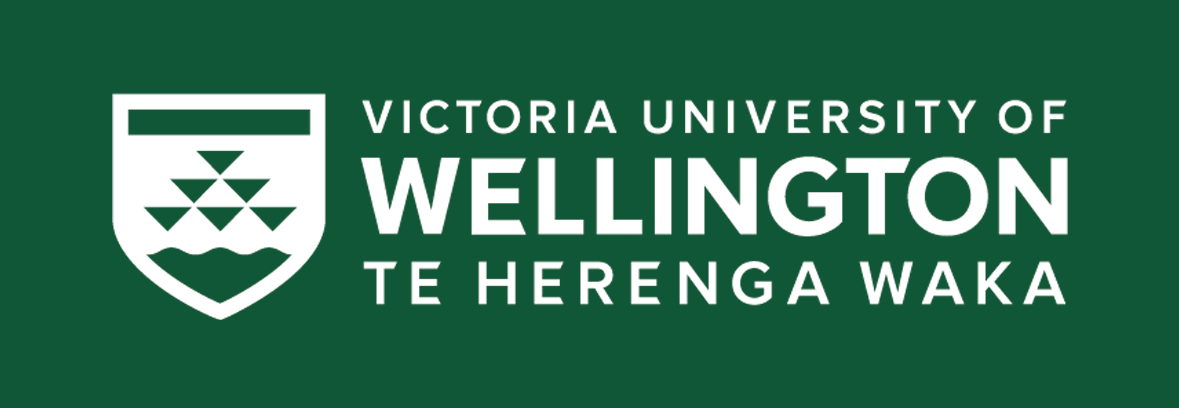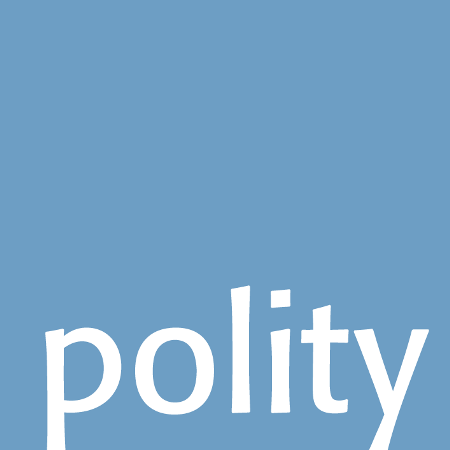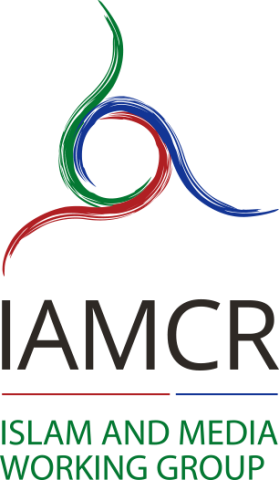
The Islam and Media (ISM) Working Group of the International Association for Media and Communication Research (IAMCR) invites the submission of proposals for papers and panels for IAMCR 2024, which will be held in Christchurch, New Zealand, from 30 June to 4 July 2024.
The deadline for submission is 7 February 2024, at 23h59 UTC.
See the CfPs of all sections and working groups
Theme
IAMCR conferences address many diverse topics defined by our 33 thematic sections and working groups. We also propose a single central theme to be explored throughout the conference with the aim of generating and exploring multiple perspectives. This is accomplished through plenary and special sessions, as well as in some of the sessions of the sections and working groups.
The central theme for 2024 focuses on "Whiria te tāngata / Weaving people together: Communicative projects of decolonising, engaging, and listening" - which draws upon a Maori proverb about the strength that comes through common purpose.
Consult a detailed description of the main theme
The principles of justice, compassion, and understanding are deeply embedded in the Islamic traditions. These principles not only serve as a means to challenge dominant narratives, address historical injustices but also endorse the value of embracing diverse perspectives. Islamic teachings advocate on the one hand dismantling of ongoing systems of oppression and on the other hand insists on the promotion of inclusivity. Its teachings emphasize the significance of safeguarding a wide array of cultural and intellectual traditions, ultimately contributing to a more equitable and just global community. Emphasis on the diversity of human beings and calls for understanding and engagement among different cultures and communities, is clearly stated in the following Quranic verse:
"O mankind, indeed We have created you from male and female and made you peoples and tribes that you may know one another. Indeed, the most noble of you in the sight of Allah is the most righteous of you. Indeed, Allah is Knowing and Acquainted." (Quran, Surah Al-Hujurat, 49:13)
Islamic ethics promoting respect and empathy and compassion enhance, the ability to cooperate with diverse communities . The importance of justice and impartiality in communication and interactions with others in Islam can be witnessed through the following verse of the Quran:
"O you who have believed, be persistently standing firm for Allah, witnesses in justice, and do not let the hatred of a people prevent you from being just. Be just; that is nearer to righteousness." (Quran, Surah Al-Ma'idah, 5:8)
Islam and Media Working Group seeks to explore how the principles of justice, compassion, and respect for differences can guide communication strategies in fostering a better understanding of the other. How these principles can foster meaningful and inclusive engagement across cultures, faith and backgrounds. This includes interfaith dialogue, cross-cultural communication, and bridging gaps between communities.
The ISM Working Group invites scholars, researchers, and practitioners from various disciplines to contribute their insights and experiences related to these themes. It aims to seek how Islamic principles can offer unique and valuable contributions to the ongoing global discussions on decolonization, cross-cultural engagement. This can include academic research, case studies, best practices, and success stories that showcase how Islamic communication can foster positive change, promote inclusivity, and contribute to a more just and interconnected world.
We invite submissions that engage with the theme of "Weaving People Together" from an Islamic perspective. Topics of interest include, but are not limited to:
- Islamic perspectives on decolonization and anti-oppression.
- Cross-cultural communication and dialogue in Islamic contexts.
- Gaza war between legacy media and social platforms.
- Communication ethics and values within the Islamic tradition.
- Media convergence and Islamic representations.
- Strategies for promoting inclusive and interfaith dialogue.
- Empathy and active listening in Islamic communication.
- Case studies, best practices, and success stories related to the theme.
Guidelines for abstracts
Abstracts are requested for papers to be presented in person at the conference in Christchurch. Abstracts submitted to the Islam and Media Working Group should have between 300 and 500 words and must be submitted online here. Abstracts submitted by email will not be accepted.
The deadline to submit abstracts is 7 February 2024, at 23.59 UTC.
It is expected that each person will submit only one (1) abstract. However, under no circumstances should there be more than two (2) abstracts bearing the name of the same author, either individually or as part of any group of authors. The same abstract, or a version with minor variations in title or content, must not be submitted to more than one section or working group. Such submissions will be deemed to be in breach of the conference guidelines and will be rejected by the abstract submission system, by the Head of the section or working group or by the Conference Programme Reviewer. Authors submitting the same work to multiple Sections or Working Groups risk being removed entirely from the conference programme.
Proposals are accepted for both single papers and for panels with several papers (in which you propose multiple papers that address a single theme). Please note that there are special procedures for submitting panel proposals.
See important dates and deadlines to keep in mind
ISM-WG Best Paper Award, Christchurch, New Zealand 2024
We are pleased to announce that ISM-WG is granting three awards to best papers for the fourth year in a row to acknowledge distinctive contributions to the main themes of the ISM-WG. The selected papers are to meet the following five standards:
- Originality of the paper and relevance to Islam and media.
- Research methods and overall organization.
- Language and writing style.
- Comprehensiveness and cohesiveness of literature review.
- Conclusions and contribution to existing knowledge.
The award committee consists of four members:
- Bushra Hameedur Rahman – Chair
- Basyouni Hamada – senior member ISM
- Abida Ashraf – Vice Chair
- Fatma Elzahraa Elsayed – Vice Chair
The winning paper will be granted $200. All papers that are accepted to the IAMCR 2024 conference are eligible to be selected.
Languages
This Islam and Media Working Group will receive and evaluate abstracts in English.
See resources for IAMCR conference preparation and participation
For further information about the Islam and Media Working Group, its themes, submissions, and panels please contact:
Dr. Abida Ashraf
abida.ics@pu.edu.pk
Dr. Fatma Elzahraa Elsayed
zahraafat@cu.edu.eg

